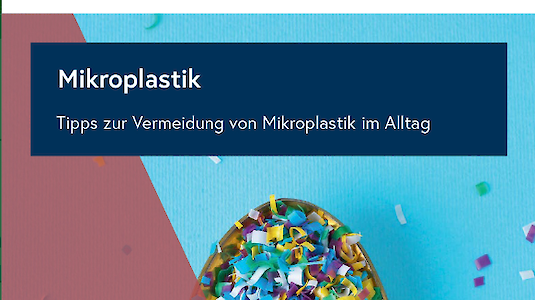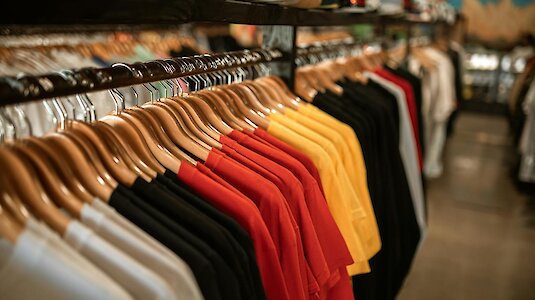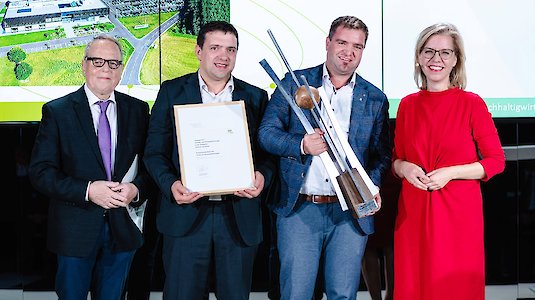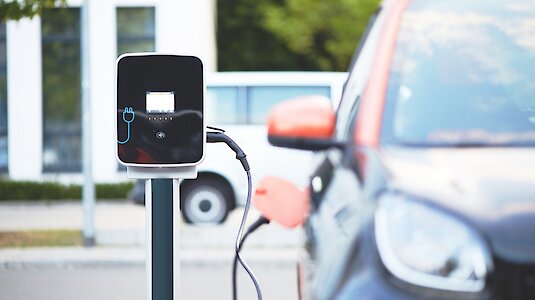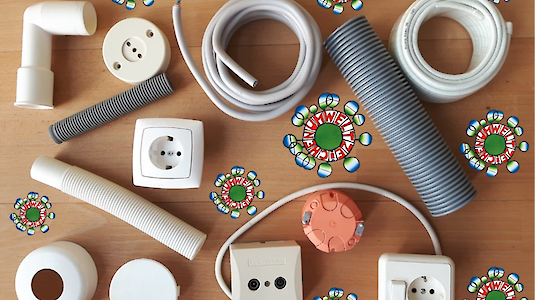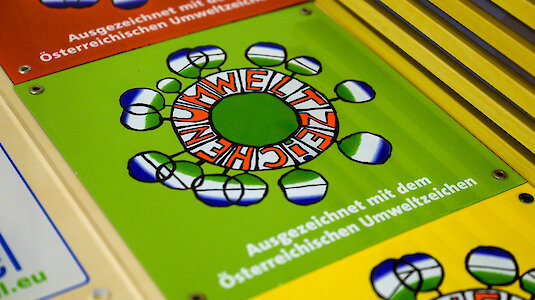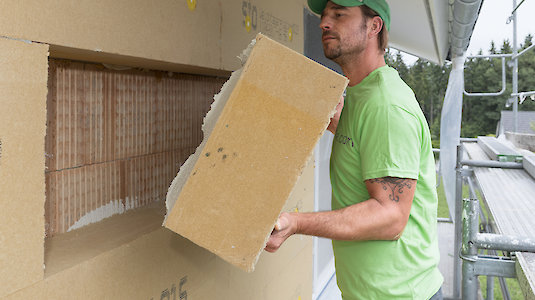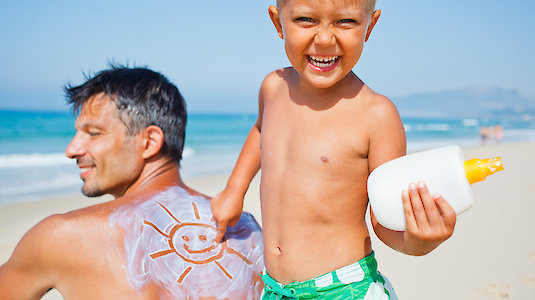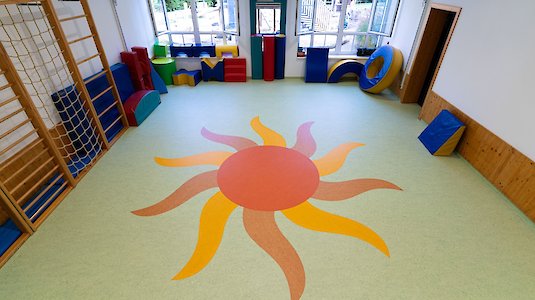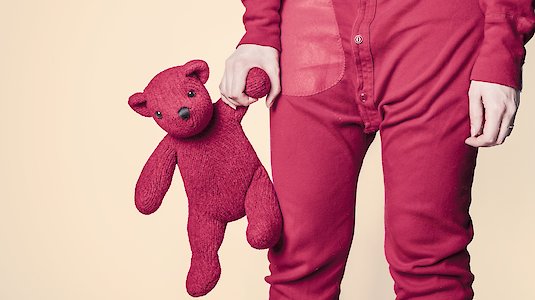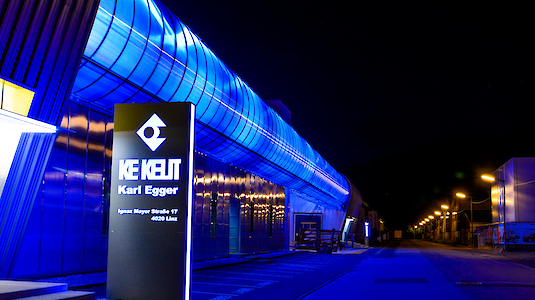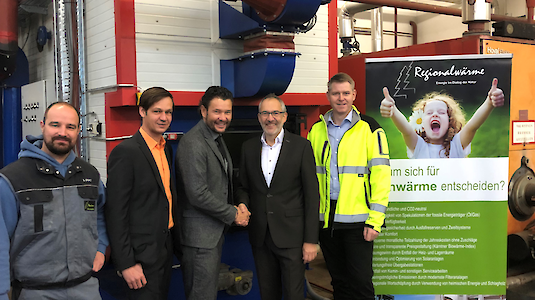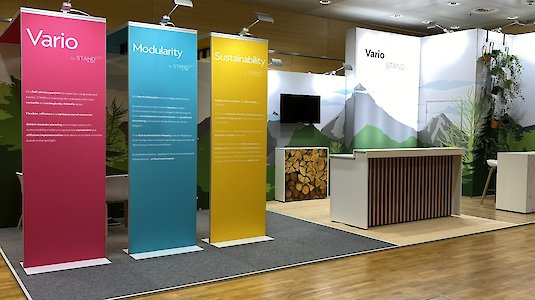The Austrian Ecolabel for Products
The "Austrian Ecolabel" was created on the initiative of the Federal Ministry of Environment in 1990. This label provides the general public with information on the environmental impact of consumer goods that arises from their production, usage and disposal and attracts the attention of consumers to alternative environmentally friendly products.
Criteria
The products and/or services for which guidelines have been drafted are subject to a holistic evaluation. In this context not only the environmental effects of the use of a product or a service but also the production process, disposal as well quality and fitness for use ("lifecycle") are recorded. The following points can be considered to be the basis for evaluating the environmental compatibility of products:
- Consumption of raw materials and energy
- Toxicity of ingredients
- Emissions (e.g. exhaust gases, sewage, noise)
- Disposal/recycling (waste, suitability for recycling)
- Packaging
- Distribution and transportation (as required)
- Quality, safety, longevity, ease of repair.
Labelling organisation and utilisation fees
The Austrian Ecolabel is awarded by the Republic of Austria as represented by the Federal Minister of Sustainability and Tourism. With the award of the Ecolabel royalties are to be paid to the Federal Ministry of Agriculture, Forestry, Environment and Water Management. The annual royalties depend on the specific turnover of the branch and/or product group of the applying enterprise.


